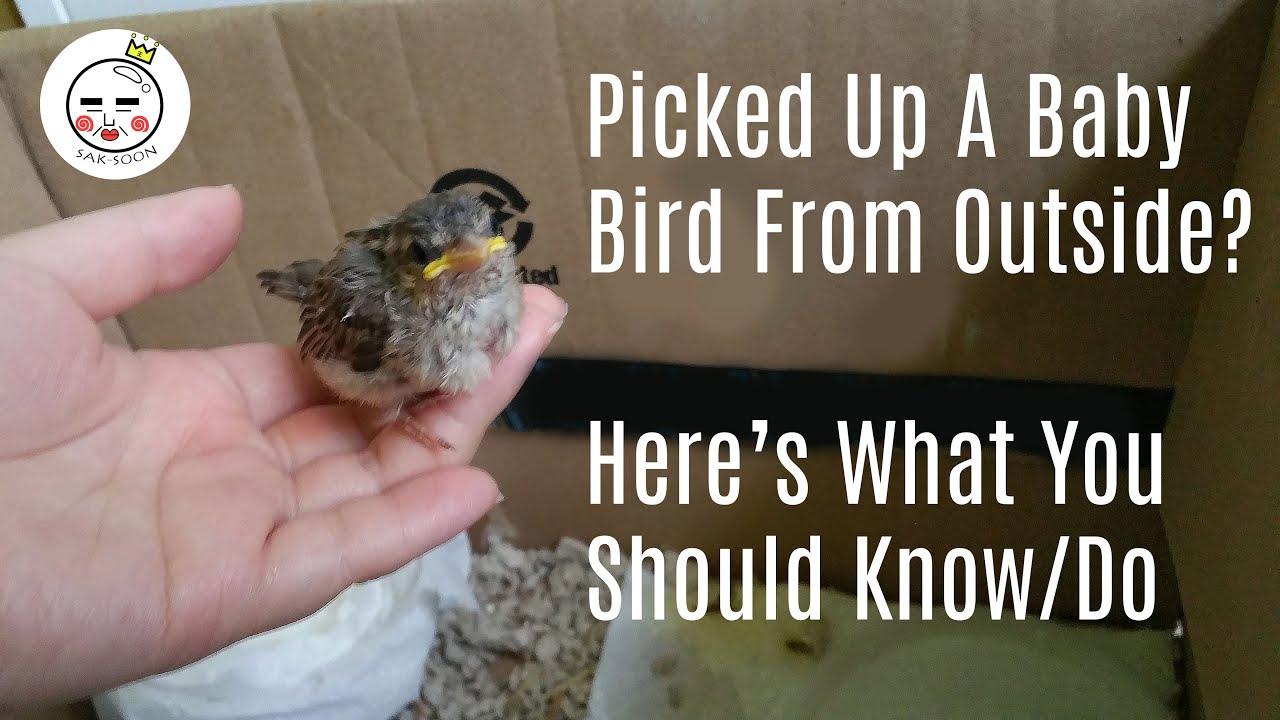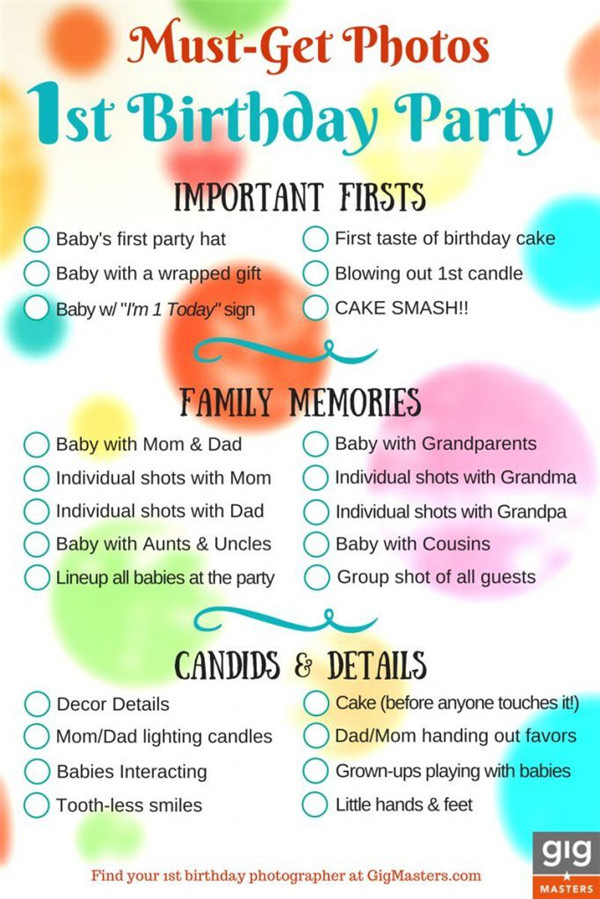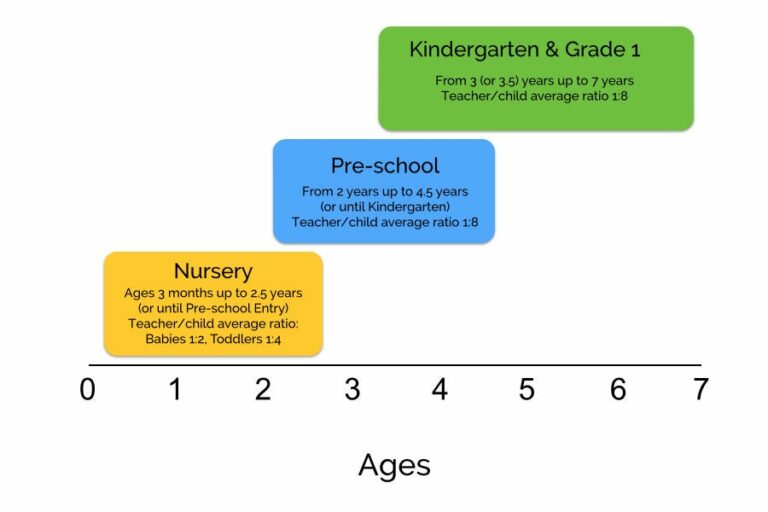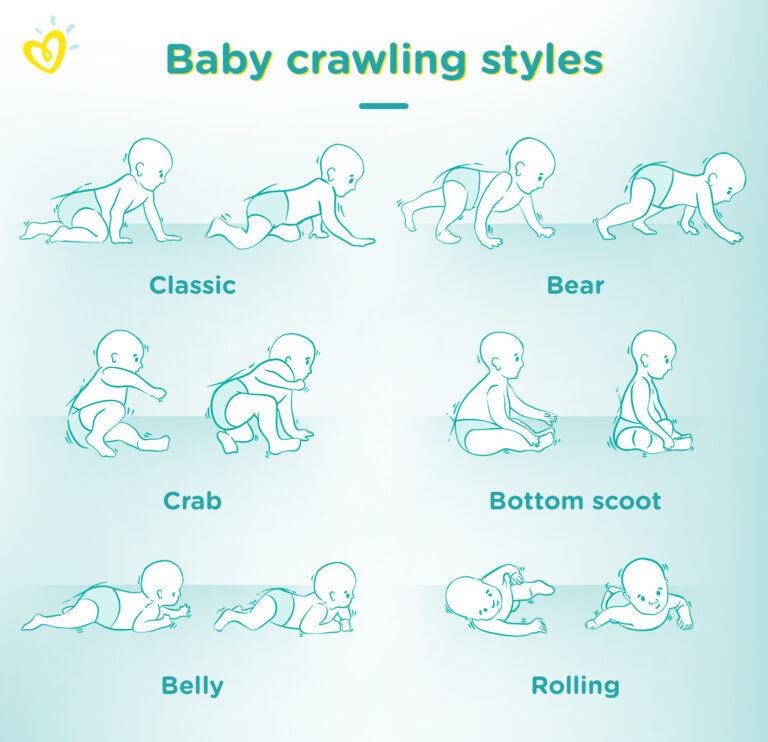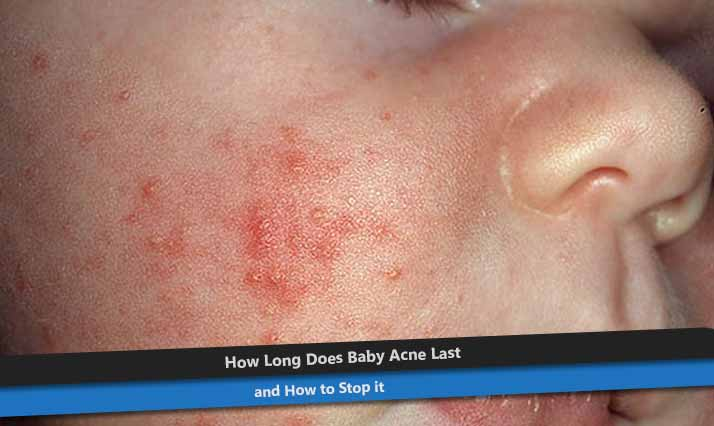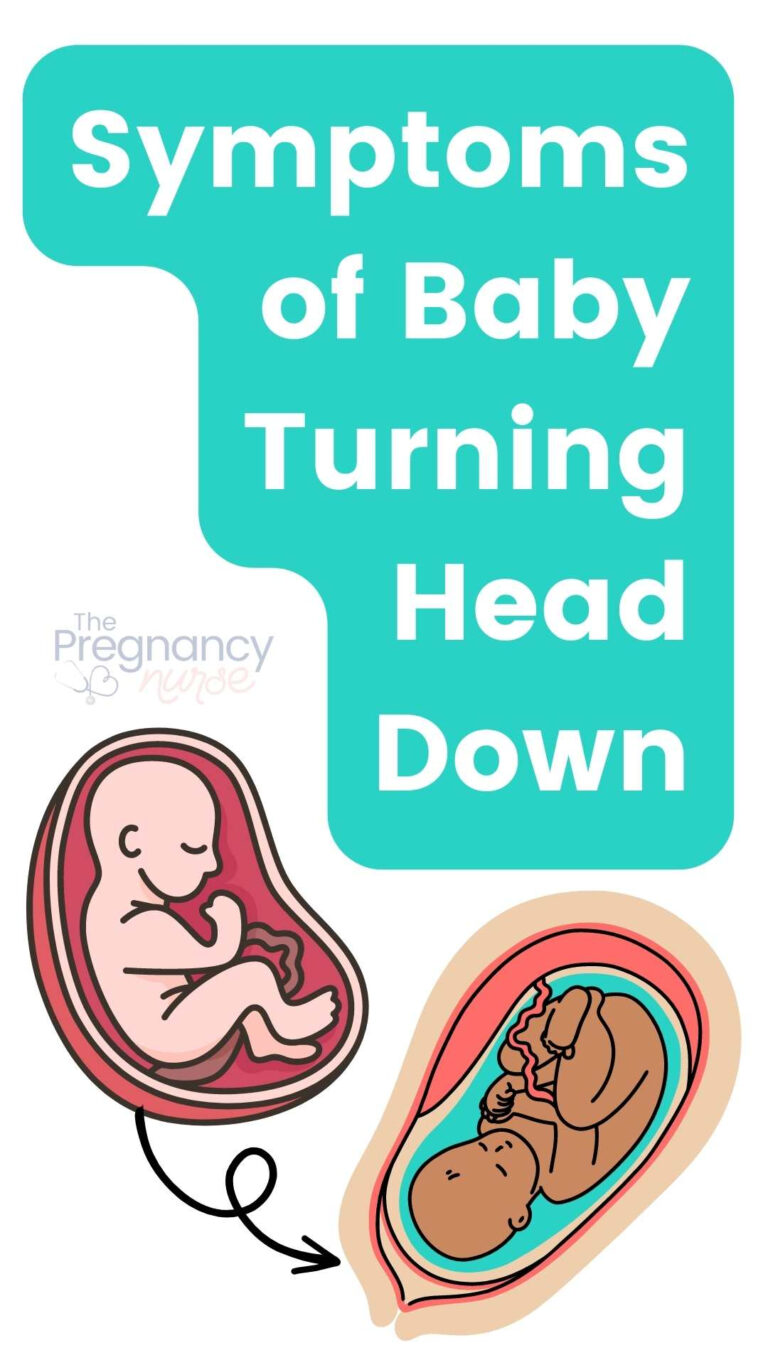How To Take Care Of A Baby Bird
Are you looking to provide a safe and nurturing environment for a baby bird in need? Taking care of a baby bird can be a rewarding experience, but it also requires knowledge and dedication. In this comprehensive guide, we will walk you through the essential steps to ensure the well-being of a baby bird and help it thrive in your care.
Knowledge
When you come across a baby bird that appears to be abandoned or injured, it’s essential to act quickly and responsibly. The first step is to assess the situation and determine if the bird truly needs your help. Keep in mind that some baby birds may appear to be alone but are actually under the watchful eye of their parents. If you are unsure, observe from a distance to see if the parents return to feed the baby.
If you have confirmed that the baby bird needs assistance, the next step is to carefully pick it up and place it in a warm and quiet container. It’s crucial to handle the bird gently and avoid excessive contact to minimize stress. Keep the container in a dark and quiet place to reduce stimulation and allow the bird to relax.
Feeding a baby bird can be a delicate process, as their dietary needs vary depending on their species and age. It’s best to consult with a wildlife rehabilitator or avian veterinarian to determine the appropriate diet for the bird in your care. Avoid feeding the bird cow’s milk or bread, as these can be harmful to their health.
Providing proper hydration is also crucial for the well-being of a baby bird. You can offer water to the bird using a dropper or syringe with a gentle touch to prevent aspiration. It’s important to monitor the bird’s hydration levels and ensure that it is drinking enough water to stay healthy.
In addition to nutrition and hydration, maintaining a clean and comfortable living environment is essential for the baby bird’s health. Regularly clean the container and replace the bedding to prevent the buildup of waste and bacteria. Keep the bird’s living space warm and draft-free to promote optimal growth and development.
As the baby bird grows and becomes more active, you can gradually introduce it to a larger space where it can exercise and explore. Provide perches and toys to stimulate the bird’s natural behaviors and encourage physical activity. Monitor the bird’s progress closely and seek professional advice if you notice any changes in its behavior or health.
Conclusion
In conclusion, taking care of a baby bird requires patience, knowledge, and dedication. By following the guidelines outlined in this article, you can provide a safe and nurturing environment for a baby bird in need. Whether you are a seasoned bird enthusiast or a first-time caretaker, the experience of caring for a baby bird can be both fulfilling and educational.
Remember that each baby bird is unique, and their needs may vary depending on their species and age. It’s essential to approach the care of a baby bird with compassion and respect for their natural behaviors. By providing proper nutrition, hydration, and a clean living environment, you can help the baby bird thrive and eventually return to its natural habitat.
Overall, the care of a baby bird is a rewarding experience that requires commitment and responsibility. By taking the time to learn about the specific needs of the bird in your care and seeking professional advice when needed, you can make a positive impact on the life of a vulnerable creature. Your efforts to care for a baby bird not only benefit the individual bird but also contribute to the preservation of avian species and the environment as a whole.
